
Prior research shows that a significant loss of the hypocretin-producing neurons, an increase in the histaminergic neurons, and contradicting signs of gliosis in the hypothalamus among patients with narcolepsy type 1.

Prior research shows that a significant loss of the hypocretin-producing neurons, an increase in the histaminergic neurons, and contradicting signs of gliosis in the hypothalamus among patients with narcolepsy type 1.
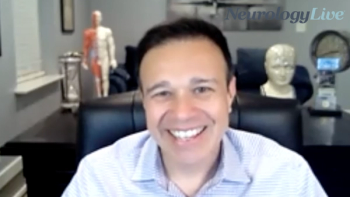
The associate vice president of neuroscience, US Medical Affairs at Eli Lilly talked about the impact of migraine on women and the importance of primary care in managing this widespread condition. [WATCH TIME: 4 minutes]

Mind Moments®, a podcast from NeurologyLive®, brings you an exclusive interview with Thomas Crawford, MD. [LISTEN TIME: 24 minutes]
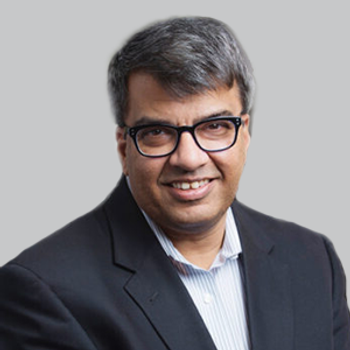
BridgeBio Pharma met with the FDA to discuss the use of glycosylated α-dystroglycan levels as a surrogate end point for its phase 3 trial FORTIFY investigating BBP-418 and believes there is the potential for an accelerated approval.
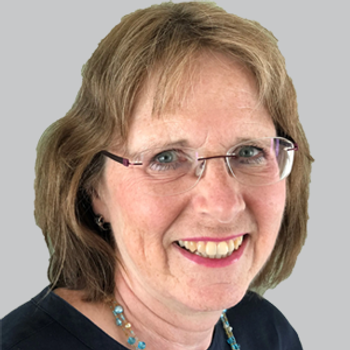
Pharmacokinetic results indicated that ACD856 has a suitable pharmacokinetic profile for further development with a rapid absorption, dose-dependent exposure, and a favorable metabolic profile.
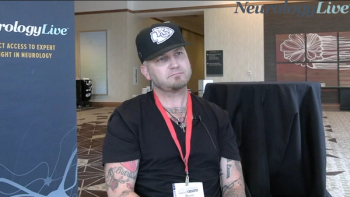
The professor of anesthesiology at Washington University in St. Louis provided perspective on the respect and approach that comes with conducting research in underserved or impoverished communities. [WATCH TIME: 4 minutes]
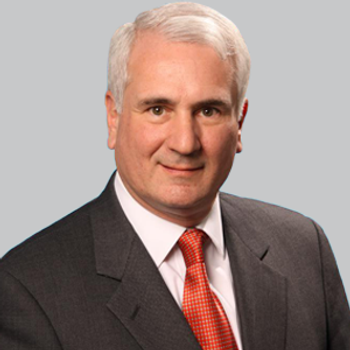
The double-blind, placebo-controlled trial assesses change from baseline in the weekly average of daily self-reported worst pain intensity scores after 14 weeks of treatment.
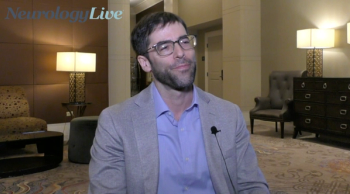
The director of movement disorders at the Banner Sun Health Research Institute talked about alternative approaches for treating essential tremor beyond medications, and developments in the diagnostic criteria for Lewy body disorders. [WATCH TIME: 5 minutes]

Catch up on any of the neurology news headlines you may have missed over the course of July 2023, compiled all into one place by the NeurologyLive® team.
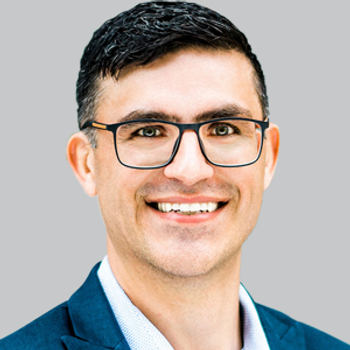
Patients who continued on active treatment into the open-label extension saw continued improvements in their condition after 14 weeks.
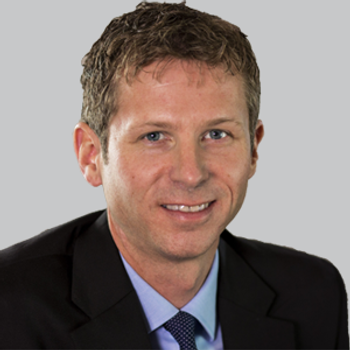
Results showed that 67% of treated patients in Stage A demonstrated evidence of clinical improvement, indicating that IgG autoantibodies play a significant role in the underlying biology of CIDP.

The executive vice president of the National MS Society provided insight on the Pathways to Cures roadmap, a global initiative to stop multiple sclerosis, restore function, and end MS.
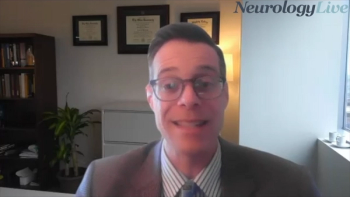
The associate professor of neurology at the Indiana University School of Medicine discussed the screening paradigm for Alzheimer disease, and the reluctancy to use new digital tools over traditional methods. [WATCH TIME: 6 minutes]
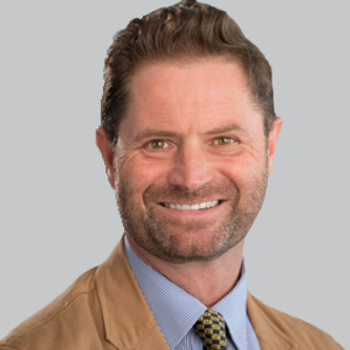
In comparison with placebo, older adults on low-dose aspirin had an increase in a combination of subdural, extradural, and subarachnoid bleeding.
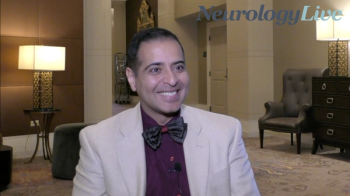
The professor of neurology and residency program director at MedStar Georgetown University Hospital spoke to the evolution of the utility of botulinumtoxins in the treatment of patients with Parkinson and other movement disorders. [WATCH TIME: 4 minutes]

Concentrations of Aß42 and Aß40 were substantially higher in those with amyloid-ß-negative, tau-positive status compared with Aß-negative, tau-negative patients.
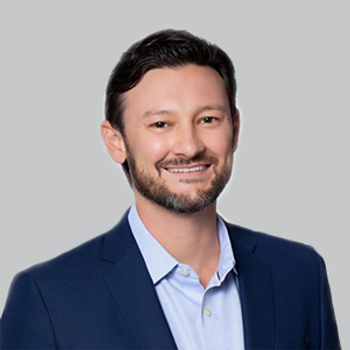
ANPD001, an autologous cell therapy derived from patient-derived iPSCs, is designed to replace lost dopamine neurons in patients with Parkinson disease.
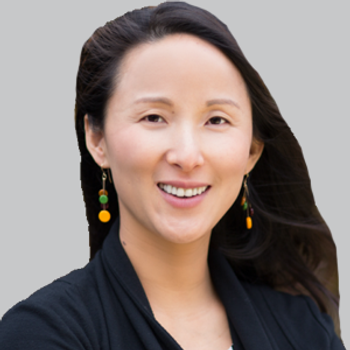
With the decision, ClarityPro becomes the first and only device to offer new technology add-on payment reimbursement for the diagnosis of electrographic status epilepticus.
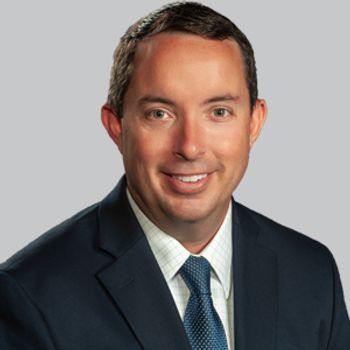
The trial is expected to include 14 individuals with genetically confirmed limb-girdle muscular dystrophy who will be randomly assigned 1:1 to either AB-1003 or placebo for a year-long treatment period.
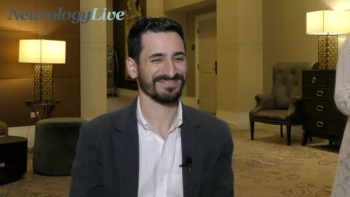
The director of the Movement Disorders Center at Baylor University Medical Center in Dallas, a part of Baylor Scott & White Health, discussed patient reluctance towards new treatments for Parkinson disease and the role of education in defining treatment expectations for patients. [WATCH TIME: 4 minutes]
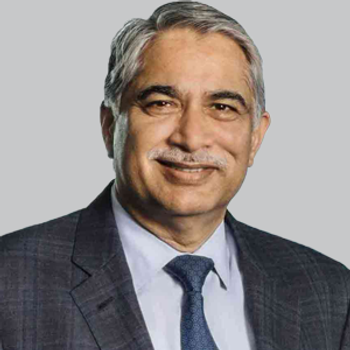
In the supporting phase 3 study, treatment with GA Depot resulted in statistically significant reductions in annualized relapse rate, the primary end point, and other secondary outcomes of T1 and T2 hyperintense lesions.
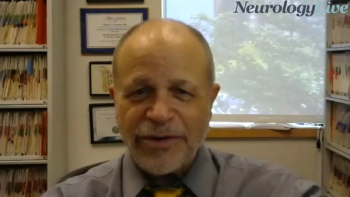
The pediatric neurologist at Johns Hopkins Medicine provided commentary on the steps needed to improve treatment optimization in SMA, and the unanswered questions regarding the key biology of the disease.

Here's some of what is coming soon to NeurologyLive® this week.
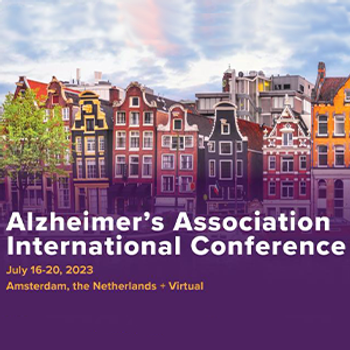
As a recap from AAIC 2023, get caught up on some of the latest news in neurology as the NeurologyLive® team shares some of our data updates.
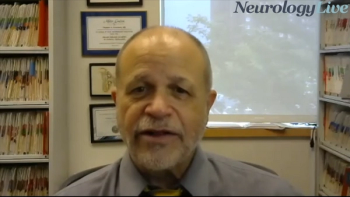
The pediatric neurologist at Johns Hopkins Medicine provided commentary on the subgroup findings from the phase 4 NURTURE study of nusinersen (Spinraza; Biogen) in presymptomatic spinal muscular atrophy. [WATCH TIME: 3 minutes]

Test your neurology knowledge with NeurologyLive®'s weekly quiz series, featuring questions on a variety of clinical and historical neurology topics. This week's topic is sleep disorders.

A group of experts in the care of patients with neurological conditions—Kumar B. Rajan, PhD; Christina Jensen-Dahm, MD, PhD; Nicole Fowler, PhD; Nicholas Ashton, PhD; Jazmyn Muhammad, BS—shared their perspectives on hot topics of treatment and management in Alzheimer disease from the 2023 Alzheimer's Association International Conference.
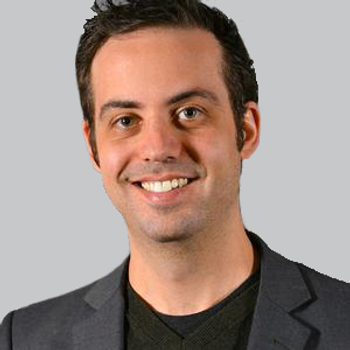
The time to osteoporosis was 23% faster with exposure to non-enzyme-inducing antiseizure medications and 9% faster for enzyme-inducing ASMs, independent of epilepsy.
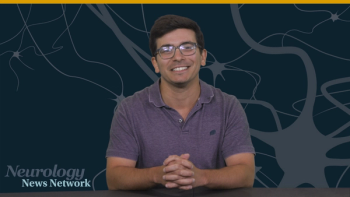
Neurology News Network for the week ending August 5, 2023. [WATCH TIME: 4 minutes]

Take 5 minutes to catch up on NeurologyLive®'s highlights from the week ending August 4, 2023.